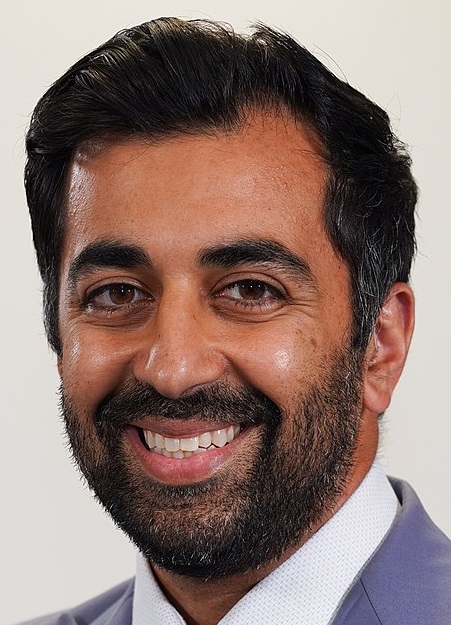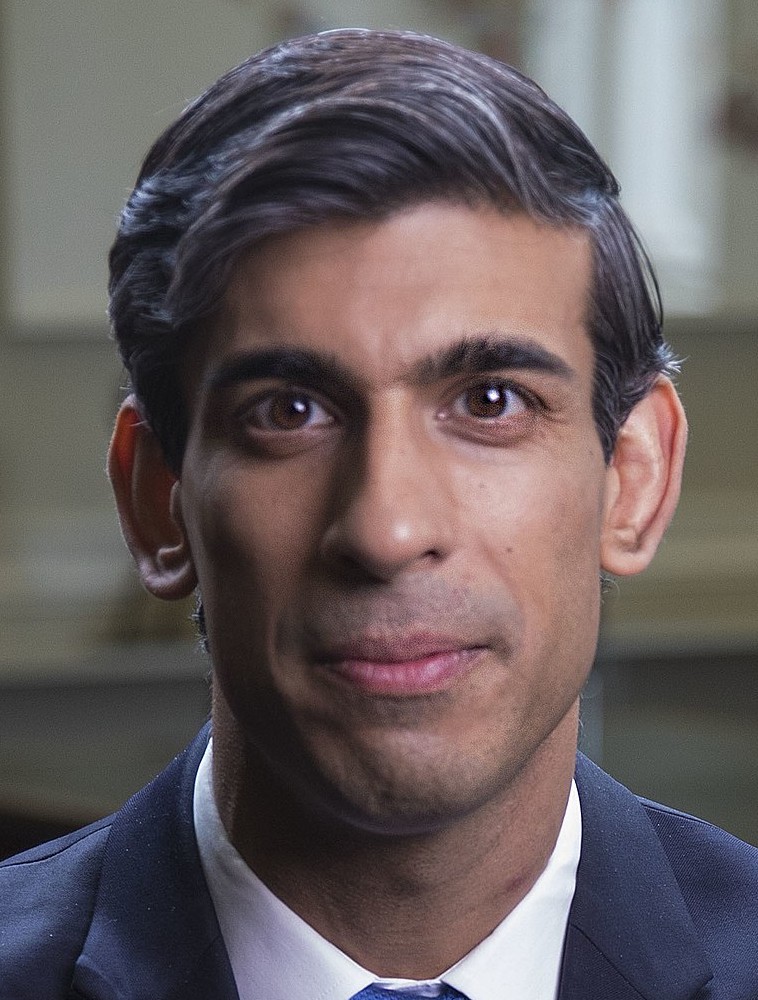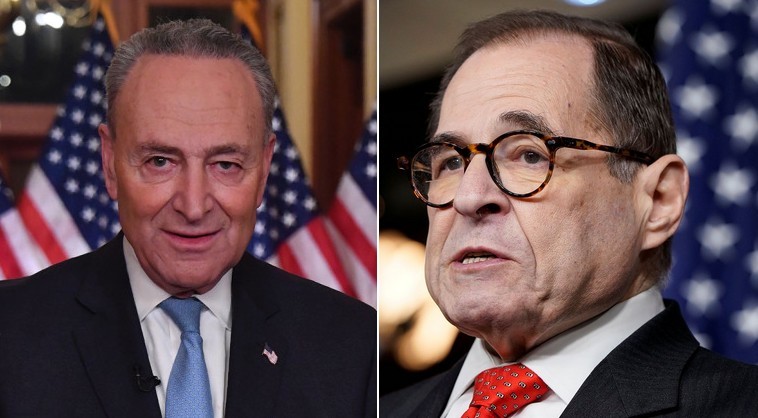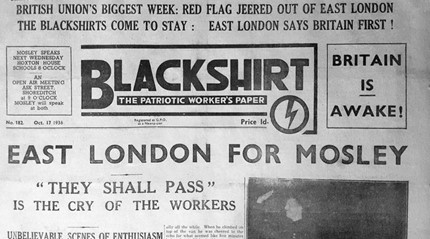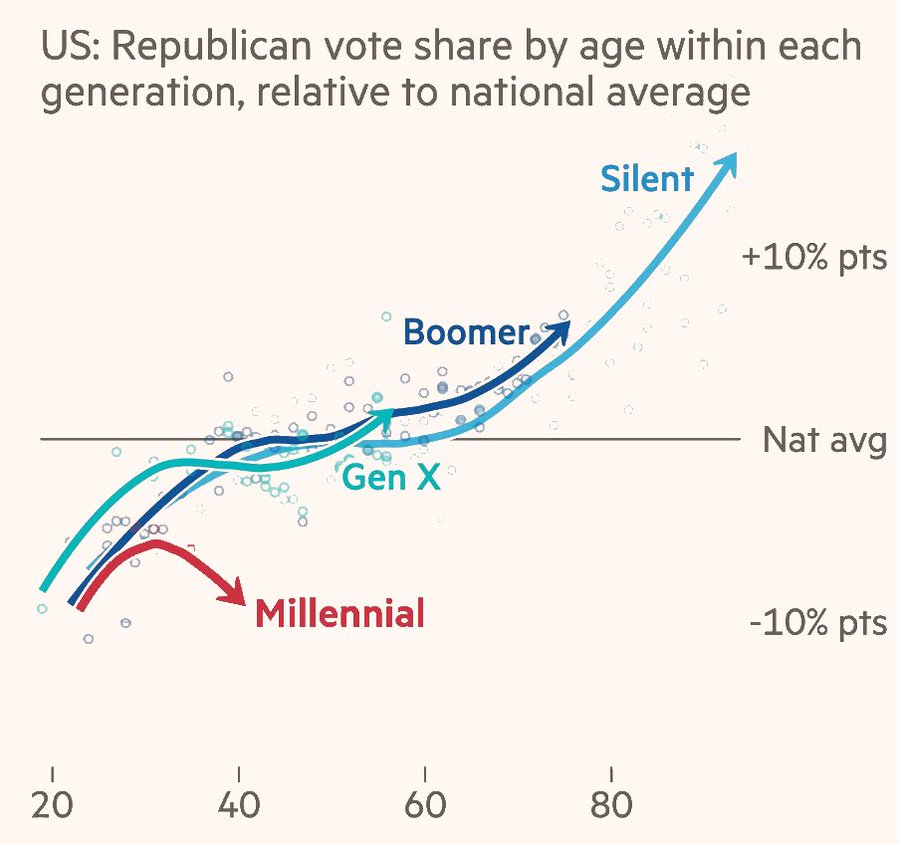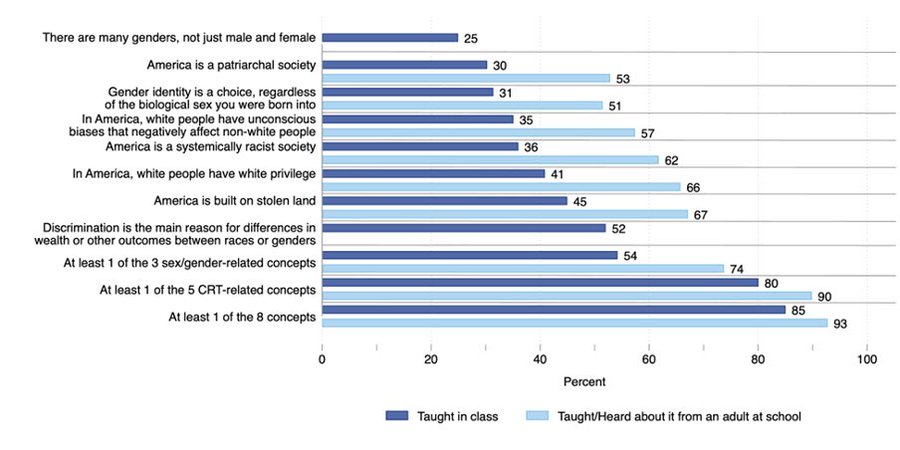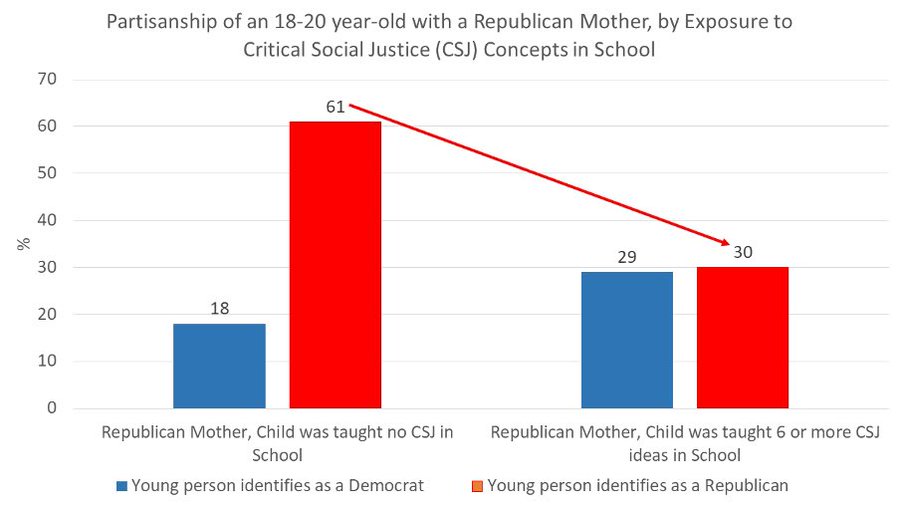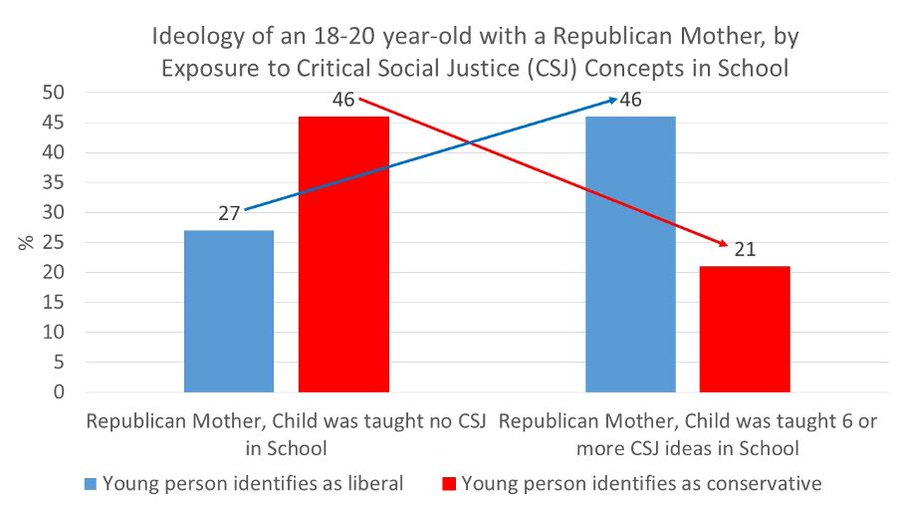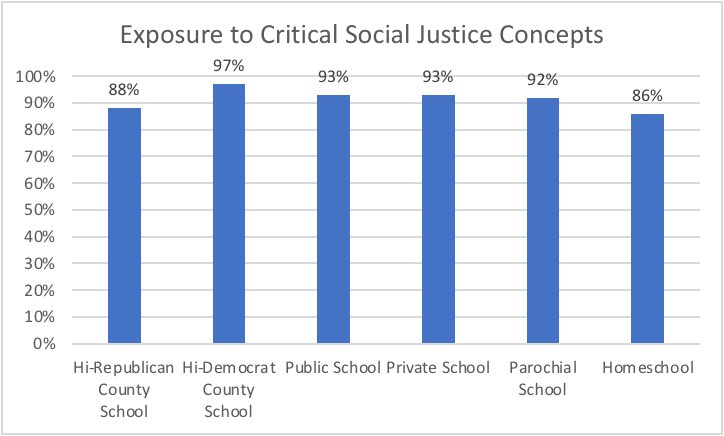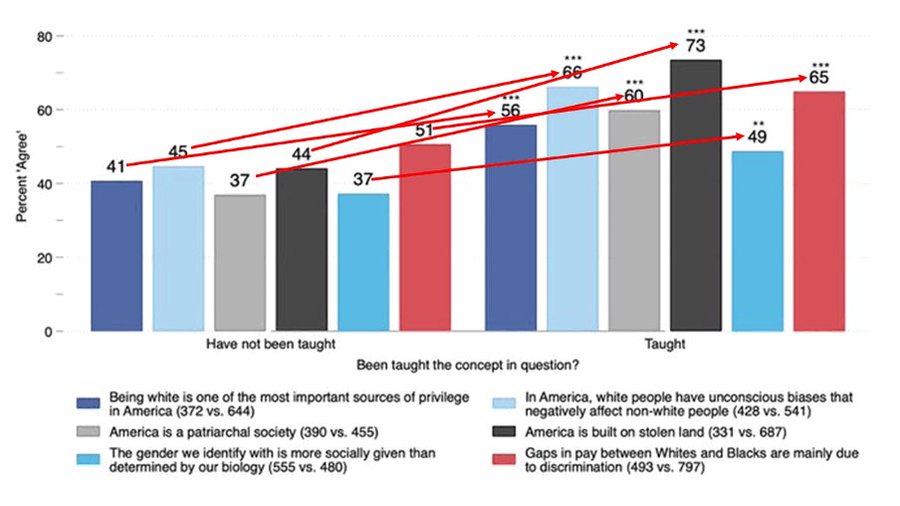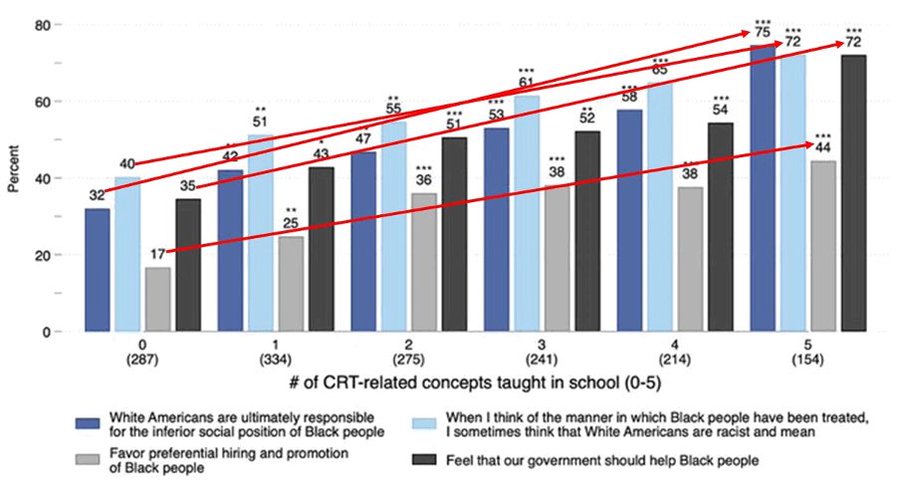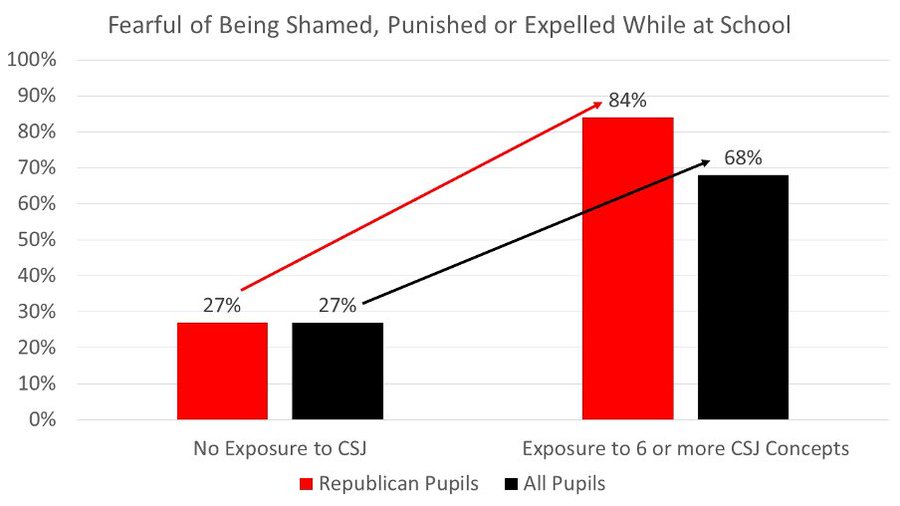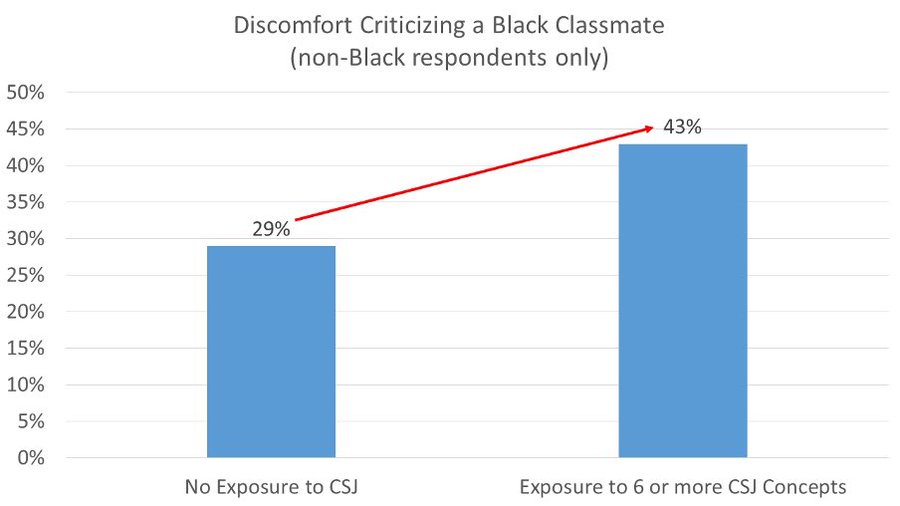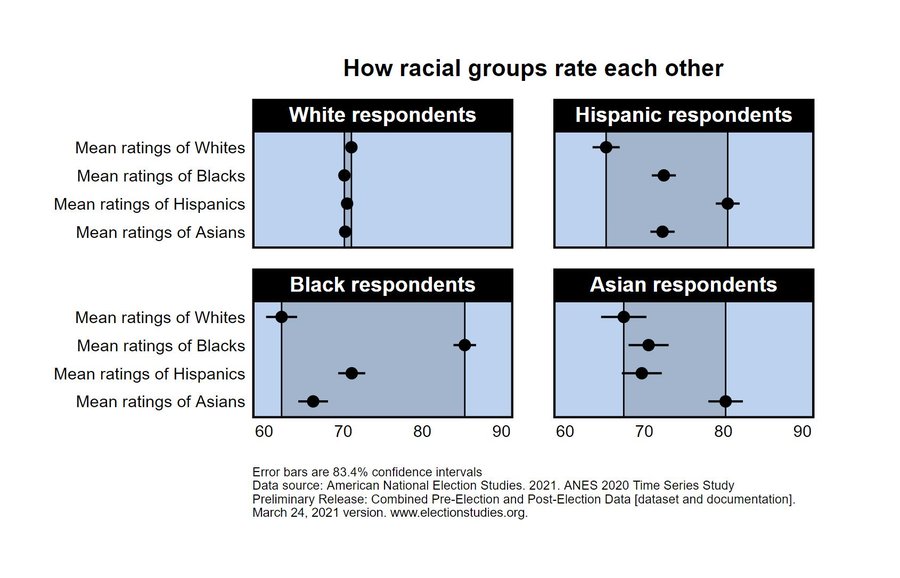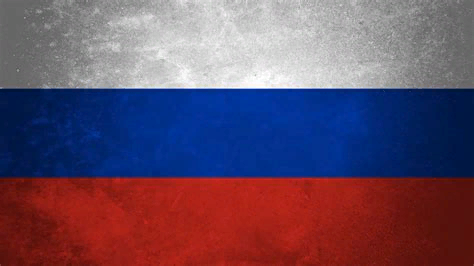
Uma guerra entre dois mundos ou duas civilizações, no dizer de Alexander Dugin, numa análise profundíssima do conflito e seus desafios, como também dos riscos de aniquilação atômica.
Já se passou um ano desde o começo da Operação Militar Especial. Embora iniciada com essa denominação oficial, agora está claro que a Rússia se defronta com uma guerra difícil, que vai deixando de ser limitada. Não apenas contra a Ucrânia, enquanto regime, não como povo (daí a exigência de desnazificação política pleiteada inicialmente), mas também contra o “Ocidente coletivo”, ou seja, o bloco da Otan, basicamente (excetuada a posição especial da Turquia e da Hungria, que pretendem se manter neutras no conflito; os demais países da Otan participam da guerra ao lado da Ucrânia de um modo ou de outro).
Qual foi o erro do Ocidente?
O Ocidente, que acreditava na eficácia da avalanche de sanções contra a Rússia e na possibilidade de romper quase totalmente as suas ligações com a economia, a política e a diplomacia mundiais, controladas pelos Estados Unidos e seus aliados, não conseguiu alcançar esse objetivo. A economia russa manteve-se sólida, não tem havido protestos internos, a posição de Putin não se tornou vulnerável mas, ao contrário, ficou ainda mais forte. Não foi possível coagir a Rússia para fazê-la sustar as suas ações militares ou anular as decisões de incorporar novas entidades. Tampouco houve revoltas de oligarcas cujos bens tinham sido confiscados no Ocidente. A Rússia sobreviveu, contrariamente à firme convicção do Ocidente de que ela iria cair.
Desde o começo do conflito, a Rússia, ao se dar conta de que as relações com o Ocidente desmoronavam, voltou-se rapidamente para os países não ocidentais — sobretudo a China, o Irã, os países islâmicos, mas também a Índia, a América Latina e a África — declarando clara e enfaticamente sua determinação de construir um mundo multipolar. Em parte, a Rússia, enquanto tratava de reforçar a sua soberania, já seguia nesse sentido, mas de forma ainda vacilante, ainda incoerente, voltando sempre a buscar a sua integração no Ocidente global. Agora essa ilusão já se desfez, finalmente, e Moscou não tem outro remédio senão se lançar de cabeça na construção de uma ordem mundial multipolar. Isto já deu alguns resultados, mas estamos ainda no começo do caminho.
Os planos da Rússia mudaram radicalmente
Entretanto, as coisas não se passaram conforme desejava a Rússia. Aparentemente, o plano era golpear rápida e mortalmente a Ucrânia, sitiar Kieve e forçar a capitulação do regime de Zelensky. Não se esperava que o Dombás e, depois, a própria Crimeia fossem atacados, ataque que o Ocidente preparara, sob a falsa aparência formal dos acordos de Minske, manobra ardilosa que contou com o apoio das elites globalistas: Soros, Nuland, o próprio Biden, seu gabinete et caterva. Até então, o plano consistia em levar ao poder um político moderado (por exemplo, Medvedchuk) e começar a restabelecer as relações com o Ocidente (como após a reintegração da Crimeia). Não estava prevista nenhuma reforma econômica, ou política ou social significativa. Tudo deveria seguir como antes.
A história não quis que fosse assim, porém. Depois dos primeiros êxitos reais, tornaram-se evidentes alguns erros de cálculo na planificação estratégica de toda a Operação. Os militares, a elite e a sociedade não estavam preparados para uma confrontação séria, nem com o regime ucraniano nem, muito menos, com o Ocidente coletivo. A ofensiva estancou ante a desesperada e feroz resistência do oponente, que contava com o apoio da maquinaria militar otaniana numa dimensão nunca antes vista. Provavelmente, o Kremlin não teve em conta nem a disposição psicológica dos nazistas ucranianos a lutar até o último ucraniano, nem a grandeza da intervenção militar ocidental.
Além disso, não tivemos em conta os efeitos da intensa propaganda, dia a dia, durante oito anos, que inculcou, fortemente, a russofobia e o nacionalismo histéricos em toda a sociedade ucraniana. Em 2014, a grande maioria do Leste da Ucrânia (Novirrússia) e a metade da população do Centro do país tinham disposição positiva em relação à Rússia, embora não tanto quanto os habitantes da Crimeia e do Dombás. Essa situação mudou em 2022. O ódio aos russos, agora, aumentou bastante, e as simpatias são reprimidas violentamente, não raro de forma direta, na base da pancadaria, da tortura. Em todo caso, os partidários ativos de Moscou na Ucrânia tornaram-se passivos e intimidados, enquanto os indecisos bandearam-se para o neonazismo ucraniano, estimulado de todas as formas possíveis pelo Ocidente (mirando fins puramente pragmáticos e geopolíticos).
A Ucrânia estava preparada
A Ucrânia estava mais preparada do que ninguém para as ações da Rússia, das quais já falava em 2014, quando Moscou não tinha nem a mais remota intenção de ampliar o conflito e quando a reunificação com a Crimeia parecia suficiente. Se algo surpreendeu o regime de Kieve foram precisamente os fracassos militares russos em seguida aos êxitos do começo. Isto elevou, enormemente, o moral da sociedade ucraniana, já impregnada de russofobia desenfreada e de nacionalismo exaltado. Chegou um momento que a Ucrânia resolver lutar para valer contra a Rússia até as últimas consequências. Kieve, dado o enorme patrocínio do Ocidente, acreditava na vitória, o que pesou muito como fator positivo na psicologia ucraniana.
O que colheu o regime de Kieve de surpresa foi apenas o ataque preventivo de Moscou, cuja preparação muitos interpretaram como blefe. Kieve planejou atacar o Dombás e se preparava para isso, segura de que Moscou não atacaria primeiro. De qualquer forma, o regime de Kieve também se preparou para repelir algum eventual ataque, que não estava fora de cogitação (ninguém se iludia a esse respeito). Durante oito anos, ininterruptamente, foram realizados trabalhos de reforço de várias linhas de defesa no Dombás, onde ocorreriam as principais batalhas, conforme se esperava. Os instrutores da Otan formaram unidades coesas e dispostas ao combate, saturando-as com meios técnicos dos mais avançados. O Ocidente não vacilou em aplaudir a criação de batalhões punitivos constituídos de neonazistas para tocar o terror massivo e direto contra a população civil do Dombás. E ali, justamente, foi mais difícil o avanço russo. A Ucrânia estava preparada para a guerra exatamente porque se dispunha a disparar primeiro a qualquer hora.
Moscou, por sua vez, manteve tudo em segredo até o último momento. A discrição fez que a opinião pública não estivesse de todo preparada para os acontecimentos desencadeados a partir do dia 24 de fevereiro de 2022.
A elite liberal russa é refém da Operação Militar Especial
A maior surpresa, porém, foi a da elite liberal pró-ocidental russa com o início da Operação Militar Especial. Essa elite estava, individual e quase institucionalmente, integrada ao mundo ocidental de forma profunda. A maioria conservava suas reservas de numerário (gigantescas, às vezes) no Ocidente e participava ativamente do mercado acionário e de outros negócios financeiros. A Operação Militar Especial colocou essa elite numa condição de risco de ruína total. E, na própria Rússia, muitos percebiam essa prática como uma traição aos interesses nacionais. Por isso, os liberais russos não acreditaram, até o último momento, que a Operação fosse começar e, quando começou, começaram a contar os dias do prazo para o seu final. Transformando-se numa guerra ampla e prolongada de resultado incerto, a Operação acabou sendo um desastre para todo esse segmento liberal da classe dirigente.
Existem aqueles da elite que ainda tentam, desesperadamente, deter a guerra (não lhes importa como), algo a que não estão dispostos nem Putin, nem as massas, nem Kieve, nem sequer o Ocidente. Os ocidentais se deram conta da debilidade da Rússia no conflito, e seguirão até o fim no intento de desestabilizar o Estado russo.
Aliados volúveis e solidão russa
Creio que os amigos da Rússia se sentiram, também, um pouco decepcionados com o primeiro ano da Operação Militar Especial. Muitos terão, provavelmente, pensado que suas capacidades militares eram tantas e tamanhas, e tão consolidadas, que o conflito com a Ucrânia seria questão a ser resolvida com rapidez e relativa facilidade. A transição ao mundo multipolar parecia já irreversível e natural para muitos, mas os problemas que se deparam à Rússia conduzem todos a uma situação de mais conflito e mais sangue.
Nesse contexto, as elites liberais ocidentais arrojaram-se, severa e desesperadamente, na luta para salvar a sua hegemonia unipolar, afrontando até mesmo o risco de uma guerra de grande escala com a participação direta da Otan, mesmo em se tratando de um conflito nuclear pleno. A China, a Índia, a Turquia e outros países islâmicos, assim como os Estados africanos e outros da América Latina estavam mal preparados para essa nova situação. Uma coisa é aproximar-se da Rússia na paz, reforçando implicitamente a sua soberania e construindo estruturas regionais e inter-regionais não ocidentais (mas tampouco antiocidentais!). Outra coisa é entrar numa guerra contra o Ocidente. Assim, embora tendo o apoio tácito dos partidários da multipolaridade (sobretudo as políticas amistosas da China, a solidariedade do Irã e a neutralidade da Índia e da Turquia), o dado essencial é que a Rússia está sozinha no combate contra o Ocidente.
Primeira fase: um começo rápido e vitorioso
O primeiro ano desta guerra teve várias fases. Em cada uma delas, as coisas mudaram muito na Rússia, na Ucrânia e na comunidade mundial.
A primeira fase dramática dos êxitos russos, na qual as tropas russas tomaram Sumy e Chemigove, chegando à Kieve pelo norte, foi recebida com fúria no Ocidente. A Rússia demonstrou seriedade na liberação do Dombás e, partindo da Crimeia, assumiu o controle de outras regiões, Kérson e Zaporísia, assim como parte da região de Karquive, Mariupol — uma cidade de importância estratégica da República Popular do Dombás, foi tomada a duras penas. Em geral, a Rússia, operando rápido como um raio para surpreender o oponente, logrou êxitos no princípio da Operação. Não obstante, ainda não conhecemos, exatamente, os erros cometidos nesta fase que foram a causa dos fracassos posteriores. Esta é uma questão ainda a ser investigada. Mas o certo é que erros foram cometidos.
Com sucessos visíveis e tangíveis, Moscou estava disposta a entabular negociações que consolidassem diplomaticamente os avanços militares. Mas Kieve não quis negociar.
Segunda fase: o fracasso lógico das negociações
Nessa altura, começou a segunda fase. Foi quando ficaram evidentes as falhas militares e estratégicas no planejamento da Operação, a inexatidão das previsões e a frustração da população por suas expectativas que não foram cumpridas. Outrossim, a esperada disposição de um grupo de oligarcas ucranianos para apoiar a Rússia, sob certas condições, não se efetivou.
A ofensiva vacilou em algumas zonas, e a Rússia se viu obrigada a recuar das posições que havia tomado. A cúpula militar tentou conseguir alguns ganhos mediante negociações em Istambul, mas isso não deu nenhum resultado.
As conversações deixaram de ter sentido, porque Kieve considerou que podia resolver o conflito a seu favor por via das armas.
A partir de então, havendo a opinião pública assimilado a feroz russofobia inculcada no trabalho da primeira fase, o Ocidente passou a prover a Ucrânia de todo tipo de armamento numa escala sem precedentes. Então, pouco a pouco, a situação começou a se deteriorar.
Terceira fase: ponto-morto
No verão de 2022, a situação mostrava sinais de estagnação, apesar de a Rússia haver obtido algumas vitórias em certas zonas. Em fins de maio, Mariupol tinha sido tomada.
A terceira fase durou até agosto. Durante esse período, se fez clara a força de uma contradição. Esta envolvia, de um lado, a ideia da Operação Militar Especial como operação rápida e leve, de pouca duração, que deveria entrar logo numa fase diplomática; e, de outro lado, a necessidade de lutar contra um inimigo fortemente armado, que contava com o apoio logístico, inteligencial, tecnológico, comunicacional e político de todo o Ocidente. E, numa frente de enorme extensão, Moscou seguia a orientação dada pela ideia inicial, evitando perturbar a sociedade no seu conjunto e sem se dirigir diretamente ao povo. Isso provocou certo conflito atitudinal entre aqueles na frente da guerra e aqueloutros na retaguarda, o que ensejou dissenções no seio do comando militar. Os dirigentes russos hesitavam em assumir a guerra na sua plenitude, protelando como podiam a mobilização parcial, que já se mostrava imperativa e se tornava questão de urgência.
Durante esse período, Kieve e o Ocidente como um todo recorreram a táticas terroristas. Basta referir os assassinatos de civis na própria Rússia, os ataques à bomba contra a ponte da Crimeia e, posteriormente, os atentados que destruíram os gasodutos do mar Báltico.
Quarta fase: contra-ataques do regime de Kieve
Assim, entramos na quarta fase, marcada pela contraofensiva das forças armadas ucranianas na região de Karquive, já sob controle parcial russo desde o começo da Operação. Os ataques ucranianos ficaram mais intensos também no resto da frente. E o fornecimento massivo de unidades Himars e de sistemas de comunicação satelital Starlink, junto com outra série de material militar, criaram graves problemas para o exército russo, para os quais ele não estava preparado na primeira fase.
A retirada do oblaste de karquive, a perda de Kupiansque e, também, de Krasny Liman, cidade da República Popular do Dombás, foi o resultado de uma “meia guerra” (para empregar a feliz definição de Vladlen Tatarsky). Além disso, os ataques contra territórios “antigos” aumentaram, havendo bombardeios regulares contra Belgorode e o oblaste de Kursque. O inimigo alcançou ainda alguns objetivos em áreas profundas do território russo por meio de aviação não tripulada.
Foi, então, que a Operação se converteu em guerra plena. Ou seja, os dirigentes russos, finalmente, assumiram as responsabilidades colocadas pelo fato consumado da guerra generalizada.
Quinta fase: a mudança decisiva
Depois desses fracassos, decorreu uma quinta fase que, embora tardiamente, mudou o curso das coisas. Putin toma as seguintes medidas: anúncio da mobilização parcial, recomposição da cúpula militar, criação do Conselho de Operações Especiais, subordinação da indústria militar a regime mais rigoroso, responsabilização mais severa de erros e delitos na esfera da defesa do Estado.
Essa fase culminou com o referendo sobre a integração de quatro entidades na Rússia — as regiões da RPD, da RPL, de Kérson e Zaporísia. Outro marco desse mesmo contexto foi o discurso de Putin de 30 de setembro, quando ele declarou, pela primeira vez e com todas as letras, a oposição da Rússia à hegemonia liberal ocidental. Putin afirmou sua plena e irreversível determinação de construir um mundo multipolar. Ele disse que havia começado a fase aguda da guerra das civilizações e acusou a moderna civilização ocidental de ser “satânica”. Posteriormente, discursando em Valdai, o presidente reafirmou e desenvolveu essas suas principais teses.
Mesmo que a Rússia, depois disso, tenha sido obrigada a render a praça de Kérson, os ataques do exército ucraniano cessaram com o recuo, as linhas de defesa russas foram reforçadas, e a guerra entrou numa nova fase.
O passo seguinte na escalada deu-se com os ataques missilísticos contra as infraestruturas técnico-militares e, às vezes, energéticas da Ucrânia, periodicamente destruídas.
A limpeza por dentro da sociedade teve início: os traidores e colaboradores do inimigo abandonaram a Rússia, os patriotas deixaram de ser um grupo marginal e sua postura de abnegada devoção à pátria se converteu — ao menos externamente — na corrente ética dominante. Anteriormente, os liberais costumavam recopilar denúncias sistemáticas contra alguém que mostrasse algum tipo de opinião contrária ao liberalismo, ao Ocidente etc.; agora, em vez disso, alguém com sentimentos liberais cai, automaticamente, na condição de suspeito de ser, no mínimo, um agente estrangeiro ou até traidor, ou sabotador ou simpatizante do terrorismo antirrusso. Seguiu-se a proibição de concertos e comícios daqueles explicitamente opostos à Operação Militar Especial. Destarte, a Rússia dava os primeiros passos no caminho do seu demudamento ideológico.
Sexta fase: o equilíbrio, novamente
Pouco a pouco, a frente se estabiliza, evoluindo para nova estagnação. Nesse momento, nenhum dos lados podia virar o jogo de nenhuma forma. A Rússia se reforçou com a mobilização de nova reserva. Moscou deu apoio aos voluntários e, principalmente, às forças de Wagner, as quais lograram importantes avanços, buscando a vitória em setores particulares do teatro de guerra.
As medidas necessárias para o abastecimento do exército foram providenciadas e, assim, a força passou a contar com o equipamento de que precisava. O movimento dos voluntários estava no seu maximante.
Essa sexta fase dura até agora. Ela se caracteriza por um relativo equilíbrio de poder. Ambas as partes não têm como avançar de forma decisiva e determinante em tal configuração. Porém, Moscou, Kieve e Washington estão dispostas a continuar o enfrentamento pelo tempo que for necessário.
Em outras palavras, a questão de quando terminará o conflito na Ucrânia não tem mais relevância nem sentido. Apenas agora entramos, realmente, em guerra e só agora ganhamos consciência desse fato. Existimos, estando em guerra. Trata-se de existência difícil, trágica e dolorosa. A sociedade russa já se tinha desacostumado de situações assim havia muito tempo. A grande maioria nunca conheceu a realidade da guerra.
Armas nucleares: o argumento final
A gravidade do enfrentamento da Rússia com o Ocidente suscitou novas questões sobre a probabilidade de que o conflito resulte numa escalada nuclear. As armas nucleares táticas (ANT) e as armas nucleares estratégicas (ANE) foram objeto de debate em todas as instâncias, desde o governo até a mídia. Tratando-se de guerra no sentido amplo deste conceito, opondo o Ocidente à Rússia, o emprego desses tipos de armamento deixou de ser problema teórico para se converter em “solução” prática na argumentação das distintas partes envolvidas no conflito.
O estado da arte da tecnologia nuclear, altamente secreto, não permite que se saiba o nível a que chegou a capacidade destrutiva, mas se acredita (provavelmente com razão) que o poder nuclear russo e seus vetores — mísseis, submarinos e outros, excedam bem mais do que o necessário para destruir algumas vezes os Estados Unidos e os outros países da Otan. Por enquanto, a Otan não dispõe de meios suficientes para se proteger de um possível ataque nuclear russo. Assim, em caso de alguma emergência, a Rússia tem a opção de recorrer a esse argumento de última instância.
Putin manifestou-se de forma bastante clara sobre isso. Ele explicou que, em caso de derrota militar direta da Rússia nas mãos dos países da Otan e seus aliados, com ocupação e perda de soberania, a Rússia responderia com armas nucleares.
Soberania nuclear
Ao mesmo tempo, a Rússia também carece de defesas aéreas que a protejam, de forma confiável, de um ataque nuclear dos Estados Unidos. Em consequência, no estalar de um conflito nuclear de grande escala, não importando quem seja o primeiro a disparar, o apocalipse nuclear seria quase certo, perecendo a humanidade, como também, possivelmente, a própria vida em si mesma no planeta como um todo. As armas nucleares — especialmente as estratégicas, não podem ser usadas eficazmente por um só lado. O segundo responderá, e basta isso para queimar a humanidade no forno nuclear. Obviamente, o simples fato da posse de armas nucleares significa que, numa situação crítica, elas podem ser utilizadas por governantes soberanos, ou seja, pelas mais altas autoridades dos EUA e da Rússia. Quase ninguém mais é capaz de influir numa tal decisão sobre o suicídio global. Esse é o sentido da soberania nuclear. Putin foi bastante sincero a propósito das condições para o emprego de armas nucleares. Evidentemente, Washington tem sua própria opinião sobre o assunto, mas é claro que, em resposta a um hipotético ataque da Rússia, contra-atacaria da mesma forma.
O mundo pode chegar a esse ponto? Creio que sim.
Linhas vermelhas da guerra nuclear
O emprego das armas nucleares estratégicas implicará, quase certamente, o fim da humanidade, mas isso só ocorrerá quando certas linhas vermelhas forem cruzadas. Não se deve duvidar disto, doravante. O Ocidente ignorou as primeiras linhas vermelhas que a Rússia havia traçado antes do início da Operação Militar Especial, convencido de que Putin apenas blefava. O Ocidente se deixou convencer, ouvindo a elite liberal russa, que não queria acreditar na seriedade das advertências de Putin. Os avisos dele, entretanto, merecem respeitosa consideração.
Assim, pois, para Moscou, cruzar as linhas vermelhas — e estas são bastante claras — corresponderia a puxar o gatilho da guerra nuclear. E estas linhas consistem numa derrota crítica na guerra da Ucrânia com o envolvimento direto e intensivo dos EUA e da Otan no conflito. Quase se chegou a esse ponto na quarta fase da Operação, quando o mundo falava das armas nucleares como de emprego quase inevitável nesse momento. Apenas alguns êxitos do exército russo por meios de guerra convencionais evitaram que o pior ocorresse. Porém, isso não anulou completamente a ameaça nuclear. Para a Rússia, a questão da confrontação nuclear só deixará de estar na ordem do dia com a sua vitória. Sobre o significado desta “vitória”, falaremos um pouco mais adiante.
O Ocidente não tem motivo para usar armas nucleares
No presente, os Estados Unidos e a Otan não têm nenhuma razão que lhes recomende o emprego de armamento nuclear, nem a terão num futuro previsível. Recorreriam ao poder do átomo apenas em caso de ataque atômico da Rússia, o que não se daria sem alguma razão fundamental (ou seja, uma ameaça grave — um perigo fatal de descalabro militar). Para os Estados Unidos, mesmo a hipótese do domínio russo total da Ucrânia não significaria a violação de suas linhas vermelhas.
Num certo sentido, os Estados Unidos já conseguiram grandes resultados no seu enfrentamento com a Rússia. Eles sustaram a transição pacífica e sem sobressaltos para a multipolaridade, eles isolaram a Rússia do mundo ocidental, eles demonstraram certa debilidade da Rússia no âmbito militar e técnico, eles impuseram graves sanções, eles mancharam a imagem que tinham da Rússia seus aliados reais ou potenciais, eles atualizaram seu arsenal e colocaram à prova novas tecnologias militares em situação de combate real. O Ocidente evitará as armas atômicas. Submeter e desbaratar os russos na guerra convencional é mais interessante e seguro para eles. Se pudessem destroçar a Rússia sem sujá-la de radiação, os ocidentais ficariam mais do que encantados. O mesmo é dizer que, dada a posição do Ocidente, não será ele o primeiro a puxar o gatilho atômico, nem mesmo em longo prazo. Não é este o caso da Rússia. Ela pode ser a primeira a disparar, mas isto dependerá do que fizer o Ocidente. Se a Rússia não for levada para uma situação de perigo existencial extremo, seu arsenal atômico continuará fechado. A Rússia só arrastará a humanidade para o abismo da extinção na guerra atômica se ela mesma for empurrada para o abismo de sua própria aniquilação.
Kieve condenada
E, por último, cabe dizer que Kieve se encontra numa situação muito difícil. Depois que um míssil ucraniano caiu em território polonês, Zelensky chegou a pedir aos seus sócios e padrinhos ocidentais que desfechassem um ataque nuclear contra a Rússia. Qual a razão dessa solicitação?
Ocorre que o Ocidente coletivo, embora perda algo, já ganhou muito e não existe nenhuma ameaça mais crítica da Rússia contra os países europeus da Otan e, muito menos, contra os Estados Unidos. Tudo o que se diz sobre essa questão não passa de pura propaganda.
A Ucrânia, porém, está condenada. A Ucrânia está na situação em que já esteve diversas vezes no decorrer da história. Ela está entre o malho e a bigorna, ou seja, entre o Ocidente e o Império (branco ou vermelho). Os russos não farão nenhuma concessão, manter-se-ão firmes até a vitória final e definitiva. A vitória de Moscou significa a derrota total do regime nazi pró-ocidental de Kieve. Não haverá mais nenhuma Ucrânia como Estado nacional soberano, nem sequer no sentido mais formal desse conceito.
Em tal situação, Zelensky, em parte imitando Putin, proclama sua disposição para puxar o gatilho atômico. Como não haverá mais Ucrânia, então que desapareça também a humanidade. Em princípio, pode-se entender isso, pois se trata de uma aplicação da lógica do pensamento terrorista. Ocorre que Zelensky não tem nenhum gatilho atômico. E não o tem porque não tem soberania. Pedir aos Estados Unidos e à Otan que se suicidem mundialmente em nome da independência (que não passa de ficção) é, no mínimo, uma ingenuidade. Armas, sim; numerário, sim; apoio midiático, sim, obviamente; apoio político, sim; tudo o que quiserem, sim; mas armamento atômico, não!
A razão disso é demasiado óbvia. Como se pode crer seriamente que Washington — por mais fanáticos que sejam hoje os sequazes do globalismo, da unipolaridade e da preservação da hegemonia a qualquer custo — iria se dispor a destruir a humanidade aos brados de “Glória aos heróis!”? Mesmo perdendo toda a Ucrânia, o Ocidente não perderia muito. Então, sem os perigosos brinquedos atômicos que pede aos seus padrinhos ocidentais, os sonhos de grandeza mundial do regime nazista de Kieve terminariam no pesadelo de Zelensky. Não há duvidar disso.
Em outras palavras, as linhas vermelhas de Kieve não devem ser levadas a sério, por mais que Zelensky atue como chefe de bandos terroristas. Ele tomou por refém um país inteiro e ameaça destruir a humanidade.
O fim da guerra: os objetivos da Rússia
Decorrido um ano desde o começo da guerra na Ucrânia, está bastante claro que a Rússia não a pode perder. O desafio é existencial: ser ou não ser um país, ser ou não ser um Estado, ser ou não ser um povo. Não se trata de simples disputa territorial ou reforço de segurança. Era assim há um ano. Agora, não. Agora as coisas são muito mais agudas. A Rússia não pode perder, e a violação desta linha vermelha nos leva de novo ao tema do apocalipse atômico. O fim do mundo, todos deveriam saber disso, não depende apenas da decisão que Putin venha a tomar. Antes, resultaria da lógica de toda a trajetória histórica da Rússia, que em todas as etapas lutou para não cair na dependência do Ocidente. Os russos bateram-se vitoriosamente contra a Ordem Teutônica, contra a Polônia católica, contra o burguês Napoleão, contra o racista Hitler e derrotarão também, desta vez, os globalistas modernos. A Rússia será livre ou não será nada.
Uma pequena vitória: a liberação dos novos territórios
Nesta altura, fica faltando considerar aquilo em que consiste a vitória. Há três opções.
A escala mínima da vitória para a Rússia poderia ser, sob certas circunstâncias, tomar o controle de todos os territórios das quatro novas entidades constituintes da Federação Russa: as regiões da RPD, da RPL, de Kérson e de Zaporísia. Paralelamente, a Ucrânia seria desarmada e ficaria em condição de neutralidade pelo futuro previsível. Para isso, Kieve deve reconhecer e aceitar a situação de fato. Neste contexto, o processo de paz poderia começar.
Entretanto, tal cenário é muito improvável. Os êxitos relativos do regime de Kieve na região de Karquive deram aos nacionalistas ucranianos a esperança de que possam derrotar a Rússia. A feroz resistência no Dombás demonstra sua intenção de resistir até o final, inverter o curso da campanha e passar, novamente, à contraofensiva, inclusive na Crimeia. Por causa disso, fica totalmente improvável que as atuais autoridades de Kieve aceitem o que chamei de “a pequena vitória russa”.
Apesar disso, para os ocidentais, essa seria a melhor solução, já que com uma pausa nas hostilidades eles poderiam militarizar ainda mais a Ucrânia, como o fizeram pelo tempo que duraram os acordos de Minske. A própria Ucrânia — mesmo sem essas regiões — seria ainda um território enorme, e sua neutralidade poderia lhes parecer confusa na ambiguidade de seus termos, o que decerto explorariam para a vantagem do Ocidente.
Moscou entende tudo isso, Washington também entende, um pouco menos. Entretanto, os atuais dirigentes de Kieve não o querem entender de nenhuma forma.
Uma meia vitória: a liberação da Novirrússia
A versão intermediária da vitória para a Rússia seria a de liberar todo o território da Novirrússia histórica, que inclui a Crimeia, as quatro novas entidades russas e ainda as três regiões abarcando Karquive, Odessa e Nikolaieve (com partes de Krivói Rogue, Daniepre e Poltava). Isto completaria a divisão lógica da Ucrânia em Ucrânia Oriental e Ucrânia Ocidental, que possuem histórias, identidades e orientações geopolíticas diferentes. Tal solução seria aceitável para a Rússia e, sem dúvida, vista como vitória real, completando o que começou e logo se encerrou em 2014. No seu conjunto, também conviria ao Ocidente, cuja estratégia sofreria mais com a perda de Odessa. Porém, mesmo esta perda não seria tão crucial, dado existirem outros portos do mar Negro na Romênia, na Bulgária e na Turquia, três países da Otan.
Está claro que para Kieve tal cenário é, categoricamente, inaceitável, mas uma ressalva deve ser feita aqui. É categoricamente inaceitável para o regime atual e no atual contexto militoestratégico. No caso da liberação completa das quatro novas entidades da Federação e com a posterior entrada das tropas russas nas três novas regiões, a situação seria bem outra. O exército ucraniano, o estado psicológico da população, o potencial econômico e o próprio regime político de Zelensky estariam completamente quebrantados. A infraestrutura da economia seguiria sendo destruída pelos ataques russos, e as derrotas nas linhas de frente redundariam no total abatimento da sociedade, já exausta e sangrada pela guerra. Talvez haja um governo diferente em Kieve, podendo ser que até mude o governo de Washington, onde um governante realista iria, sem dúvida, reduzir o apoio à Ucrânia, simplesmente por calcular com sobriedade os interesses nacionais dos EUA, sem a crença fanática na globalização. Trump é um exemplo vivo de que tal situação é possível e, mais do que isso, provável.
No contexto da vitória intermediária, ou seja, a liberação completa da Novirrússia, seria extremamente vantajoso para Kieve e para o Ocidente negociar acordos de paz. Eles preservariam o resto da Ucrânia, pelo menos. Poder-se-ia estabelecer um novo Estado sem as restrições e obrigações atuais, que seria convertido — bem gradualmente — numa base a mais para cercar a Rússia. O projeto da Novirrússia afigura-se perfeitamente aceitável para o Ocidente, pois o restante da Ucrânia estaria salvo. Os ocidentais ganhariam com isso, futuramente, quando terão boa posição para voltar a confrontar a Rússia soberana.
Uma Grande Vitória: a liberação da Ucrânia
Por fim, uma vitória completa da Rússia implicaria a libertação de todo o território da Ucrânia do jugo do regime nazista pró-ocidental e o restabelecimento da unidade histórica tanto de um Estado eslavo oriental quanto de uma grande potência euro-asiática. A multipolaridade estaria consolidada, irreversivelmente, e a história da humanidade seria sacudida e revirada. Além disso, só uma vitória desse tipo permitiria o alcance pleno dos objetivos fixados no princípio: a desnazificação e a desmilitarização da Ucrânia.
O geopolítico atlantista Zbigniew Brzezinski escreveu com razão que “sem a Ucrânia, a Rússia não pode se converter num império”. É isso mesmo. Porém, nós podemos considerar essa fórmula de uma perspectiva euro-asiática: “Com a Ucrânia, a Rússia converter-se-á em um Império, isto é, um polo soberano do mundo multipolar”.
Mesmo com isso, o Ocidente não sofreria danos críticos num sentido militoestratégico e muito menos num sentido econômico. A Rússia continuaria isolada do Ocidente, demonizada aos olhos de muitos países. Sua influência na Europa cairia para quase zero, podendo ser até negativa. A comunidade atlântica estaria coesa como nunca antes, diante de inimigo tão perigoso. E a Rússia, excluída do Ocidente coletivo, sem tecnologia e fora das novas redes, ainda receberia uma importante população não de todo leal, quando não hostil, cuja integração num espaço unificado custaria esforços extraordinários a um país já cansado de guerra.
E a própria Ucrânia não estaria sob ocupação, mas seria parte de uma única nação sem nenhuma desvantagem étnica e com todas as perspectivas abertas para tomar posições e movimentar-se livremente por toda a Rússia. Caso se prefira, isto pode ser visto como a anexação da Rússia pela Ucrânia, e a antiga capital do Estado russo, Kieve, voltaria a estar no centro do mundo russo e não mais na sua periferia.
Mudar a fórmula russa
Por último, vale a pena considerar, nesta análise do primeiro ano da Operação Militar Especial, o impacto causado nas relações internacionais. Trata-se de uma avaliação teórica da transformação que a guerra engendrou no espaço dessas relações.
Aqui temos o seguinte panorama. As administrações de Clinton, do neoconservador Bush Jr. e de Obama, assim como a administração de Biden, são liberais e de linha dura em assuntos internacionais. Consideram que o mundo é global e está dirigido por um Governo Mundial mediante chefes de todos os Estados-nações. Até os próprios Estados Unidos não são, na visão deles, mais do que uma ferramenta temporária na mão da elite mundial cosmopolita. Vem daí a aversão, o ódio dos democratas e dos globalistas em relação a qualquer forma de patriotismo nos Estados Unidos e alhures. Eles não suportam nem mesmo a própria identidade tradicional dos seus conterrâneos.
Para os partidários do liberalismo nas relações internacionais, qualquer Estado-nação representa um obstáculo para o Governo Mundial. O Estado-nação soberano e forte, capaz de desafiar abertamente a elite liberal, é o verdadeiro inimigo a ser destruído.
Depois da queda da URSS, o mundo deixou de ser bipolar e se converteu em unipolar. Então, a elite globalista, os sequazes do liberalismo nas relações internacionais, tomaram as rédeas do governo da humanidade.
A Rússia desmembrada e derrotada dos anos noventas, como remanescente do segundo polo, sob Yeltsin, aceitou as regras do jogo e se prendeu à lógica dos liberais nas relações internacionais. Moscou só devia se integrar no mundo ocidental, soltar-se de sua antiquada soberania e começar a jogar conforme as regras dos donos da bola. O objetivo era obter pelo menos alguma distinção no futuro Governo do Mundo. Naquela altura, a nova cúpula oligárquica fez de tudo para se encaixar no mundo ocidental, e a qualquer custo, individualmente, inclusive.
Todas as instituições de ensino superior da Rússia puseram-se a serviço do liberalismo na questão das relações internacionais. O realismo político, embora ainda conhecido, foi esquecido, acabou equiparado ao “nacionalismo”, e nunca se pronunciou a palavra “soberania”.
Tudo mudou na realpolitik (mas não na educação) com a chegada de Putin. Desde o princípio, Putin foi um realista convicto no campo internacional e um firme defensor da Rússia soberana. Ao mesmo tempo, compartilhava plenamente da universalidade dos valores ocidentais, reconhecia a falta de alternativa ao mercado e à democracia, considerando o progresso social e tecnocientífico do Ocidente como a única via para o desenvolvimento da civilização. Apenas insistia um pouquinho demais na questão da soberania. Daí o mito de sua influência sobre Trump. Foi o realismo que ligou Putin a Trump. Em tudo o mais são muito diferentes. O realismo de Putin não é contra o Ocidente, senão contra o liberalismo nas relações internacionais, contra o unipolar Governo do Mundo. É o realismo estado-unidense, o chinês, o europeu ou qualquer outro.
Entretanto, a unipolaridade que se instaurou desde os princípios dos anos noventas deixou os liberais a cavaleiro nas relações internacionais. Acreditavam que a história tinha chegado ao fim, ou seja, que a confrontação de paradigmas ideológicos (tese de Fukuyama) havia terminado e que deveriam retomar com mais força o processo de unificação da humanidade sob o Governo Mundial. A consecução desse objetivo exigiria deles apenas que se dessem ao trabalho de eliminar os resíduos da soberania ainda existentes aqui e ali.
Essa linha estava em contradição com o realismo de Putin. E, não obstante, Putin buscou manter o equilíbrio e as relações com o Ocidente a todo custo. Isto era muito fácil com o realista Trump, que compreendia a vontade de soberania de Putin, mas se tornou impossível com Biden na Casa Branca. Ocorreu, pois, que Putin, como o realista que é, chegou ao limite das concessões que podia fazer na busca do compromisso. O Ocidente coletivo, guiado pelos liberais nas relações internacionais, pressionou cada vez mais a Rússia para que finalmente começasse a desmantelar a sua soberania em vez de fortalecê-la.
Esse conflito culminou com o início da Operação Militar Especial. Os globalistas participaram ativamente da militarização e nazificação da Ucrânia. Putin rebelou-se contra isso, porque compreendeu que o Ocidente coletivo estava se preparando para uma campanha simétrica de “desmilitarização” e “desnazificação” da própria Rússia. Os liberais fizeram cara de paisagem ante a rápida ascendência do neonazismo russófobo na Ucrânia, de que foram os patrocinadores. Eles fomentaram a sua militarização tanto quanto podiam, enquanto acusavam a Rússia de fazer o que eles faziam em favor do militarismo e do nazismo. E chegaram ao ponto de equiparar Putin com Hitler sob todos os aspectos.
Putin começou a Operação Militar Especial como um realista. Nada mais do que isso. Um ano depois, porém, a situação é outra. Ficou claro que a Rússia está em guerra contra a civilização liberal ocidental moderna como um todo, contra o globalismo e os valores que o Ocidente impõe ao mundo. Essa mudança havida na consciência russa da situação mundial talvez seja o resultado mais importante de toda a Operação Militar Especial.
A guerra, que antes tinha por fim a defesa da soberania, reveste-se agora do caráter de um choque entre civilizações. A Rússia já não se limita a insistir na governança independente, compartindo atitudes, critérios, normas, regras e valores ocidentais, mas atua como uma civilização independente, com suas próprias atitudes, critérios, normas, regras e valores. A Rússia já não tem nada de nada a ver com o Ocidente.
Não é, a Rússia, um país europeu, mas sim uma civilização ortodoxa eurasiana. Assim falou Putin no seu discurso alusivo à admissão das quatro novas entidades à Federação Russa em 30 de setembro [de 2022]. Disse o mesmo no discurso de Valdai e, depois, em muitas outras ocasiões. Por último, no Decreto 809, Putin aprovou as bases da política estatal de proteção dos valores tradicionais russos, uma axiologia que difere bastante do liberalismo e que, em alguns pontos, confronta-o diretamente.
A Rússia mudou o seu paradigma do realismo para a teoria do mundo multipolar, ela rechaçou cabalmente o liberalismo em todas as suas formas, ela desafiou frontalmente a civilização ocidental moderna e ela contraditou a sua pretensão de ser universal. Putin já não acredita no Ocidente. Ele qualifica a civilização ocidental moderna de “satânica”. Nisto se pode identificar, facilmente, uma referência direta tanto à escatologia e à teologia ortodoxas quanto à confrontação dos sistemas capitalista e socialista da era de Stálin. A Rússia de hoje não é, consabidamente, um Estado socialista. Esta condição, porém, decorreu da derrota que a URSS sofreu no começo da última década do século XX, quando a Rússia e outros países pós-soviéticos devieram colônias ideológicas e econômicas do Ocidente global.
Todo o governo de Putin até o dia 24 de fevereiro de 2022 foi uma preparação para este momento decisivo. Só que, antes, ele se mantinha preso à política realista. A via ocidental dada pelo binômio “desenvolvimento e soberania”, nas condições heteronômicas de então, era seguida sem desvios. Agora, não, tudo mudou agora. Neste transcurso de um ano de duras provações e terríveis sacrifícios por que passou a Rússia na guerra, o novo lema e o novo rumo da via russa para o futuro têm expressão nas palavras “soberania e identidade civilizacional”.
Os nossos inimigos serviram de baliza para orientar a Rússia ao encontro de si mesma. Portanto, agora, afinal, a Rússia segue o seu próprio caminho.
______________________
Fonte: El Manifiesto. Autor: Alexander Dugin. Título original: La guerra de Ucrania: una guerra entre dos mundos. Data de publicação: 18 de fevereiro de 2023. Versão brasilesa: Chauke Stephan Filho.





